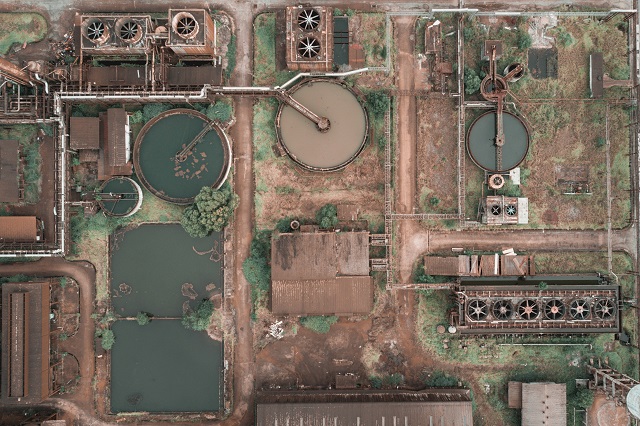
Posted: Dec 11, 2022

Nitrogen fertilizers play a significant role in global crop production. About half of the human population is supported by food grown with fertilizers. Although the planet’s atmosphere comprises approximately 78 percent nitrogen, it doesn’t come in a reactive form that plants can utilize. It wasn’t until 1908 that chemists developed a technique to convert nitrogen from the atmosphere into a state of synthetic nitrogen that plants could use.
This technique, called the Haber-Bosch process, is how nitrogen is captured from the air and reacted with hydrogen to produce ammonia, an effective fertilizer that plants can absorb from the soil. This process is the standard industrial procedure for making ammonia today, but it accounts for about 1.4 percent of global carbon dioxide emissions.
“The hydrogen in ammonia is sourced from fossil fuels, such as natural gas, and nitrogen is sourced from air,” says Saurajyoti Kar, a postdoctoral researcher at the Argonne National Laboratory. “Using fossil fuel as a raw material and source of energy for the conversion process increases the energy and environmental penalty of producing the nitrogen-rich fertilizer using [the] conventional production process.”
The global ammonia market is predicted to reach $82.40 billion in 2026. Given how energy-intensive the Haber-Bosch process is, producers must take greener approaches to fulfill the increasing demand for fertilizers. In a recent Science of The Total Environment study, researchers evaluated the process of removing ammonia from wastewater and converting it into fertilizer, which can be a more sustainable alternative.
Municipal wastewater generally contains a high concentration of nitrogen and phosphorus, says Kar, who was involved in the study. At treatment facilities, the wastewater is treated to reduce this concentration and avoid issues—like eutrophication, which can lead to algae overgrowth— when it is discharged to surface water bodies, he adds.
By Carla Delgado
Source and Complete Article: popsci.com
Date: December 11, 2022
Go-Wine's mission is to organize food and beverage information and make it universally accessible and beneficial. These are the benefits of sharing your article in Go-Wine.com


The Wine Thief Bistro & Specialty Wines is a locally owned small business in downtown Frankfort, IL offering world class wines in a relaxed, casual gathering spot for friends and family. Offering world class virtual tastings and touchless carryout.
https://www.twtwineclub.com/aboutus
Go-Wine 25 Great Wineries in US selection prioritizes quality, value and availability.
www.go-wine.com/great-wineries-in-america
Tasting wine is a nice experience, but visiting the places in which wine is made is a magic moment. Available in New York City for touchless pickup.